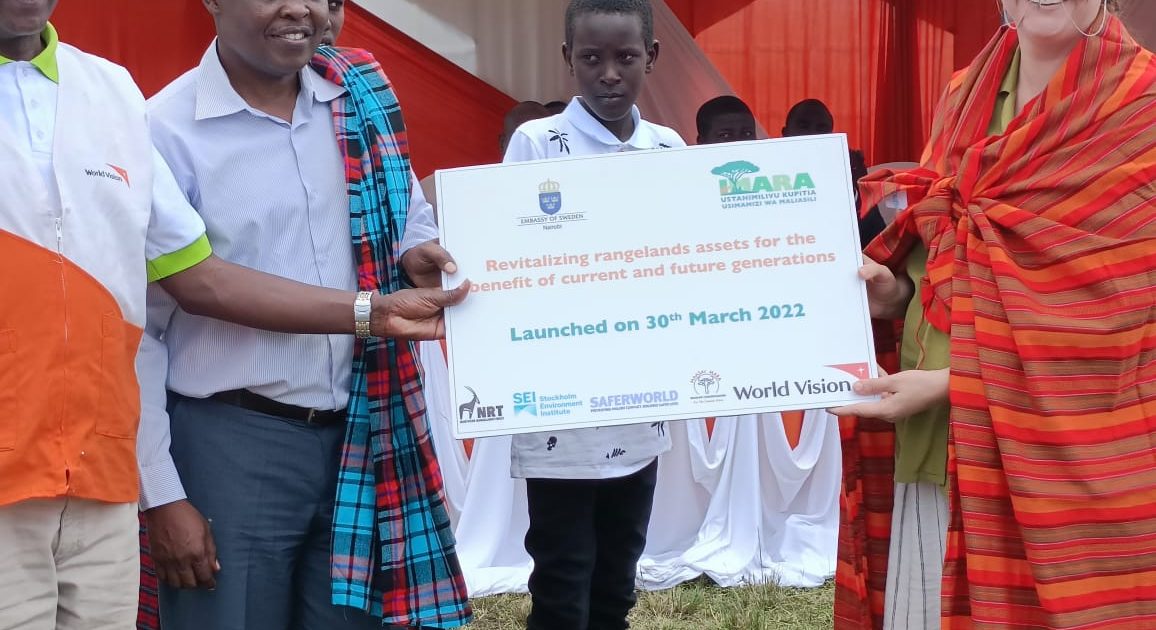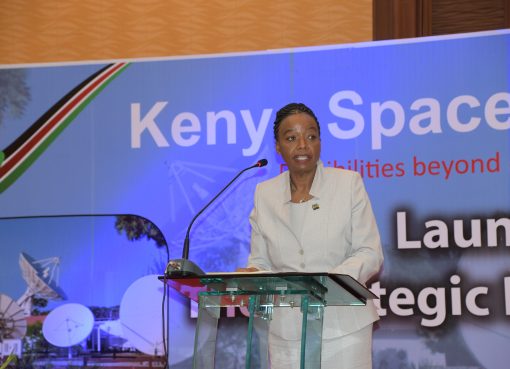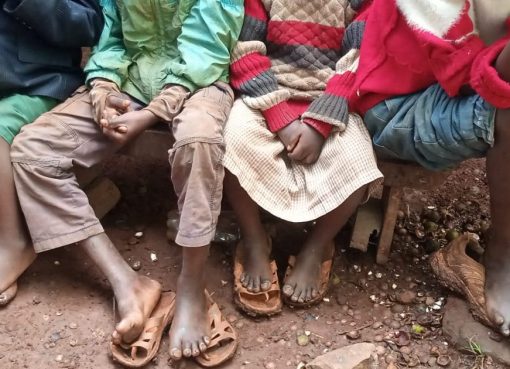Eight Arid and Semi-Arid land (ASAL) counties have benefited from a seven year partnership programme worth Sh. 2.5 billion from the Swedish government to revitalize rangeland.
The programme launched by Head of Kenya Development Cooperation, Embassy of Sweden Ms. Lisa Anderson at the Mara North Conservancy in Narok West sub county aims at increasing resilience to the areas that are mostly affected by the climate change.
Speaking to the media during the launch, Ms. Anderson assured that her country will remain committed to partnering with like-minded organizations to revitalize rangeland assets for the benefit of current and future generations.
She reiterated the commitment of the Swedish government to support enhanced biodiversity conservation and local communities’ livelihood in a bid to increase resilience of the local communities.
The eight counties supported in the programme include Elgeyo Marakwet, Isiolo, Samburu, West Pokot, Laikipia, Turkana, Marsabit and Narok.
“This is the second phase of this programme. Initially we were only in four counties but we have extended to benefit eight counties to support livelihoods due to the impact of climate change caused by environmental degradation,” she said.
A programme officer on Environment and Climate at the Sweden Embassy Ms. Joan Sang said the support is a true commitment of building resilience in ASAL. “The reason we are doing this is because the Swedish government is an advocate for environment management and climate resilience,” she said.
In Narok County, the programme will benefit residents living near the Maasai Mara game reserve and will be implemented by World Vision Kenya.
World Vision Country Director James Angawa said over 20,000 families living around the game reserve will benefit from the programme.
“Vulnerable groups like children and women are the ones who suffer most on the impacts of environmental degradation. The money will be used to fund various groups to do alternative activities that are friendly to the environment,” he said.
The Maasai Mara Conservancies Association Chairperson Jackson Ole Mpario said the program was timely as many families, who entirely depend on tourism for their livelihood, are slowly recovering from the impact of Covid-19.
“The ASAL counties were hard hit by drought making many families struggle to place a plate of food on the table. This program comes as a relief to the women and children who suffer most from natural calamities,” he said.
Other consortium partners include: Northern Rangelands Trust, Stockholm Environment Institute, Safer world, Maasai Mara Conservancies and World Vision Kenya.
By Ann Salaton





